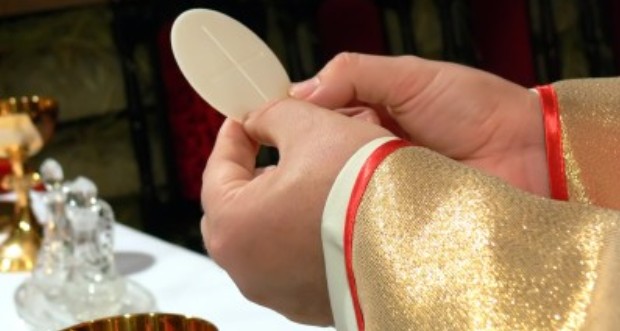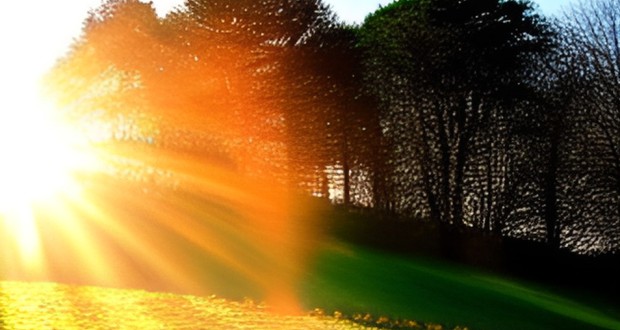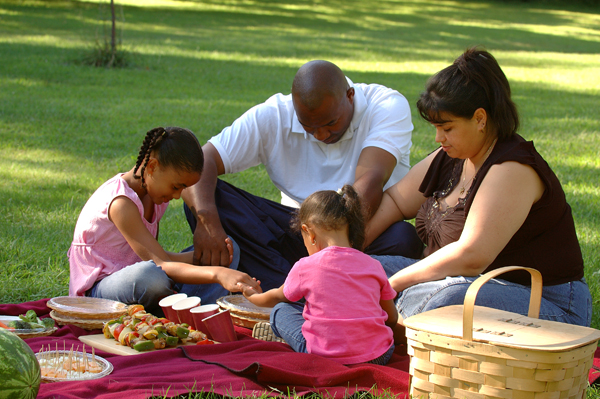What Does Divine Mercy Sunday Teach Us?


All over the world, the first Sunday after Easter is known as Divine Mercy Sunday. This was inaugurated twelve years ago by Blessed John Paul II as a feast to be celebrated every year on the second Sunday of Easter. On this feast day, the Catholic Church focusses and gives thanks for God’s extravagant love and mercy towards us, and what better time to celebrate this feast than in Easter.
During his homily at the Mass celebrated for the canonization of Sister Mary Faustina Kowalska, at St. Peter’s Square, on Sunday 30 April, 2000, Pope John Paul II – now called Blessed John Paul ll said, “It is important then that we accept the whole message that comes to us from the word of God on this Second Sunday of Easter, which from now on throughout the Church will be called “Divine Mercy Sunday”. In the various readings, the liturgy seems to indicate the path of mercy which, while re-establishing the relationship of each person with God, also creates new relations of fraternal solidarity among human beings. Christ has taught us that “man not only receives and experiences the mercy of God, but is also called “to practise mercy’ towards others: “Blessed are the merciful, for they shall obtain mercy’ (Matthew 5: 7)” . He also showed us the many paths of mercy, which not only forgives sins but reaches out to all human needs. Jesus bent over every kind of human poverty, material and spiritual.”
In this weekend’s readings, we see how the early Christians lived. No one claimed any of their possession as their own, but they had everything in common. We all know a number of people – maybe even ourselves – who possess a lot. Unfortunately, many have chosen to live the way of the world – building bigger warehouses to store up ‘our possessions’. But the word of God has a very, very harsh word for that; the word is “fool!” (Luke 12: 20).
In Luke 12: 13 – 21, a man went to Jesus requesting of him, “Master, tell my brother to give me my share of our inheritance.” So many people are consumed by material gains that it clouds their journey with Christ and has overshadowed their salvation. Gaining more is more important to them than anything else. Having more is their god. But Jesus warns the disciples, “Watch and be on your guard against avarice of any kind, for a man’s life is not made secure by what he owns, even when he has more than what he needs.”
There are many contrasts in our world. There are those who have in abundance and there are those who have not. The first reading for today from the Acts of the Apostles challenges us to live our Christian faith by first recognizing that every single thing that we have are gifts from God. The very air that we breathe, the freedom that we have and enjoy, our jobs, our cars, the money in the bank; every thing, has been entrusted to us; given to us by God. All of God’s gifts to us are never for selfish gains. They are to be used for the building up of His Kingdom. If we truly lived in this way, there will be no one in need in our world – note, I did not say in our city or neighbourhood, or country. Collectively, God has blest us with more than enough to feed every hungry person, to give drink to every one who thirsts and shelter to every homeless person there is. Collectively, He has entrusted to us more than enough to make proper health care available to all – especially the poor; and not have people die because they could not afford health care. That is why Matthew 25: 31 – 46 is such an important and decisive Gospel passage; one that should be inscribed deep within our hearts and our souls.
The risen Jesus Christ is pouring out abundantly, the power of his Holy Spirit upon all who would receive it, and that same Spirit that raised Jesus Christ from the dead will bring us peace; that same Spirit that raised Jesus Christ from the dead will bring us mercy and forgiveness. But in order for that same Spirit that raised Jesus Christ from the dead to burn within us and “rock our world”, we must pay the price; but as St John says in the second reading taken from 1 John 5: 1 – 6, ‘it is not burdensome’. The price we must pay is to die! We must die to ourselves; we must die to selfishness; we must die to greed; we must die to sin. Ahh, but that death pays great dividends; by our dying, many who were left for dead will have new and better lives and we will leave an indelible mark in our world. The second and by far the greater dividend is this; for just as Jesus Christ rose from the dead, we too shall rise and inherit the Kingdom of God.
Prayer:
Father, we pray that the same Spirit that raised Jesus your Son from the grave will take up permanent dwelling in us, and constantly bring us into deeper relations with you. We ask this through Jesus Christ your Son and our Lord. Amen!!






